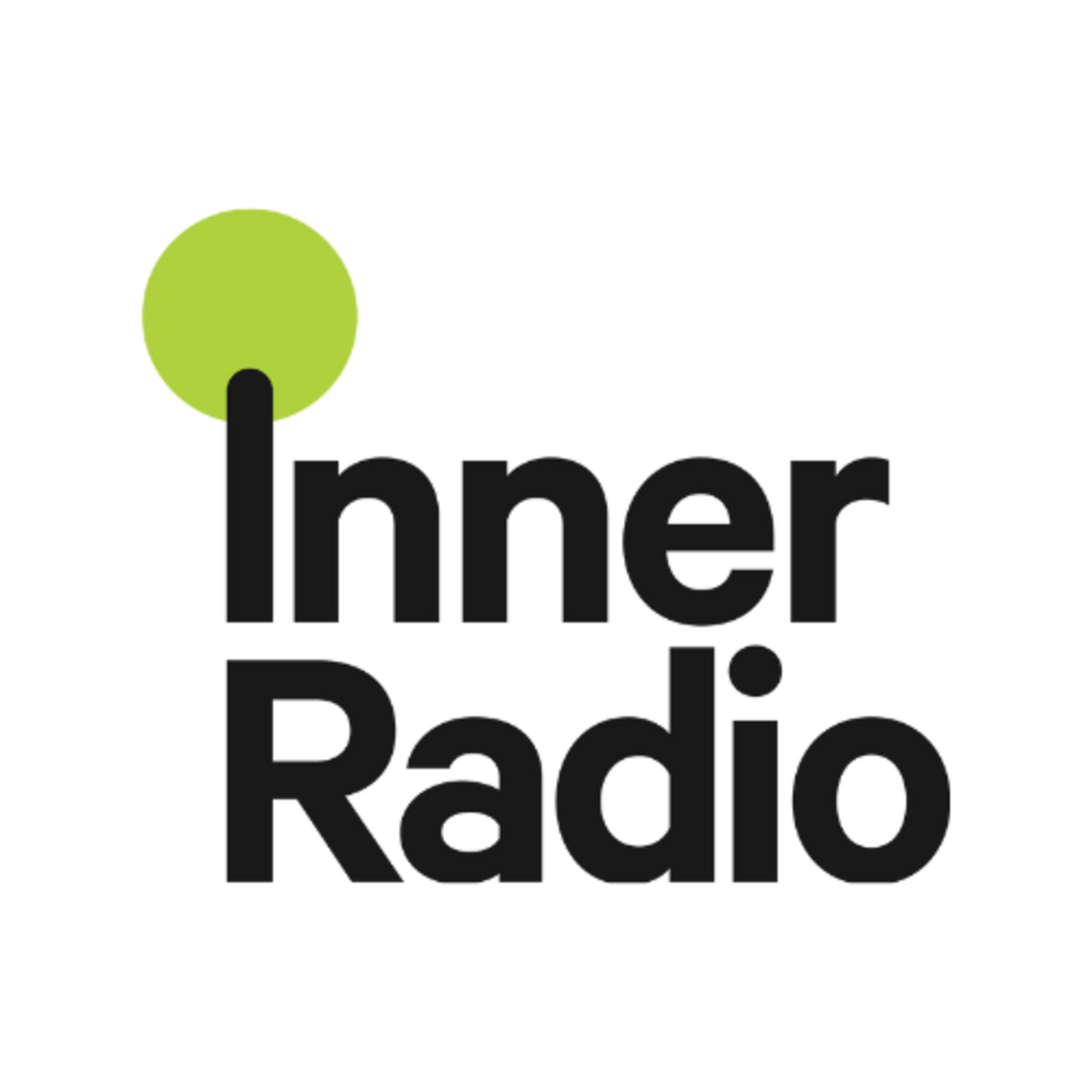Is it seriously almost fall? It seems like summer just began in Berkeley. For me, fall is filled with new beginnings energy. New beginnings remind me of promotions. Promotions remind me of the sometimes painful unlearning that has to happen when we step into a new role and must re-define what doing a good job is. This post is for you, promotion or not, who want to level up your skills to ask powerful questions and get powerful answers.

1. Be Empty To Be A Better Leader
Building effective professional relationships is one of the major themes of my practice. Many of us have “grown up” in our careers working on answering the question: “what can I say that makes me seem impressive, interesting, and desirable?”
One of the painful unlearnings for you, senior leader, as you continue to become more senior is how to say less and listen more. You will eventually build a team of specialists who may be more experienced, smarter, faster, more technical than you.
Now how do you re-define what doing a good job is? It used to mean having the best answer. Now the rules have changed. Unless you change with them, you risk stunting your leadership growth and damaging your relationships with your team.
The types of questions we ask and how we listen become more important to building trusting effective relationships the more senior we become. This shows up in my coaching practice in a couple ways:
Senior leaders wanting to build effective cross-departmental relationships where authority is unclear and collaboration is essential
Senior leaders wanting to build effective relationships with their direct reports so DRs are empowered and feel ownership over the decisions made
What actually happens:
We as senior leaders have an idea of how things should be done (by our peers or our direct reports) and then try to mask our directive with thinly veiled questions so we can believe we are being curious and coaching our team to success.
Every interaction is an opportunity to become more or less connected. You know what people find really disconnecting? Perceived manipulation, especially offensive in the form of questioning as if people can’t see right through it. Shields go up.
The way we frame questions is critical. I recognize that sometimes we as senior leaders are NOT trying to push our opinion on others yet still fumble to ask questions in a non-threatening way. Even if there is zero intention of manipulating or being defensive, we can still come across that way. For example, when someone presents an idea and we ask:
“Why would we do X?”
Thinking this is a great way to develop their idea and brainstorm together, it can come off as dismissive or aggressive.
It’s time to let go of having the right answers (or coming off like you think you do) and embrace asking the right questions. How do we ask better questions?
The goal is to be empty.
Be empty. I recognize “feeling empty on the inside” has a negative connotation, but stay with me for a moment. What would going into a meeting being empty feel like? To me, being empty means releasing preconceived notions of what the answer is, having a relaxed curiosity, swinging freely. To me, being empty means I am NOT forcing an agenda, NOT tense, NOT trying too hard, NOT fixing, saving, or correcting.
What kinds of questions stem from being empty?
Empowering: Truly empowering questions don’t have a solution stuffed in them.
Stuffed question: Do you think we should send an email out?
Empowering question: How does everyone get up to speed about the new process?
Expanding: Expanding questions help develop someone’s thinking vs constricting it
Constricting question: Can you do X?
Expanding question: What would it take to X? What would you need to have or eliminate in order to X?
Elevating: As a senior leader you have a unique position to help lift your team above the trees and see the forest vs getting stuck in the weeds
Weeds question: How do we backfill this role as quickly as possible?
Elevating question: Is this still the role we need?
Questions can have the same INTENTION, yet the IMPACT is miles apart. What might work better than “Why would we do X?” Empty questions like:
What have you explored? How did you choose this path? What do you see the issue is here?
By asking better questions and listening, you’re better equipped to discover attitudes, motivations, world views of the other person. Knowing their values and their feelings will help forge an effective relationship.
When I was sick earlier this year, the response that made me feel most heard, valued, and invited was the emptiest question:
What has it been like for you?
2. Recommendation

Have more questions about questions? Humble Inquiry takes a deeper dive into our “tell” culture of showing off rather than listening up. What I call “being empty” Schein refers to as “accessing ignorance.” The book breaks down both different types of humility and different types of inquiry. He gives a plethora of examples of questions we think are invitations, but actually shut the conversation down. The upshot: when we depend on others to get things done, we need to build a relationship that will allow us to — humble inquiry gets us there.
3. The Goings On

For many years my default was bopping from one activity to another like a bee buzzing around visiting each flower in a garden. My socializing muscle atrophied from a pandemic hangover and worsened earlier this spring when I wasn’t feeling great. Now, saying yes to meeting new people and going to new places has been a welcomed and long overdue shift, whether that be a karaoke party or a field trip to watch a tennis tournament (above). I must admit that sometimes when I go into a social situation that pesky question arises: “what am I going to say that seems interesting?” and then I remember: that’s not the right question. I can show up and be empty instead 😉

